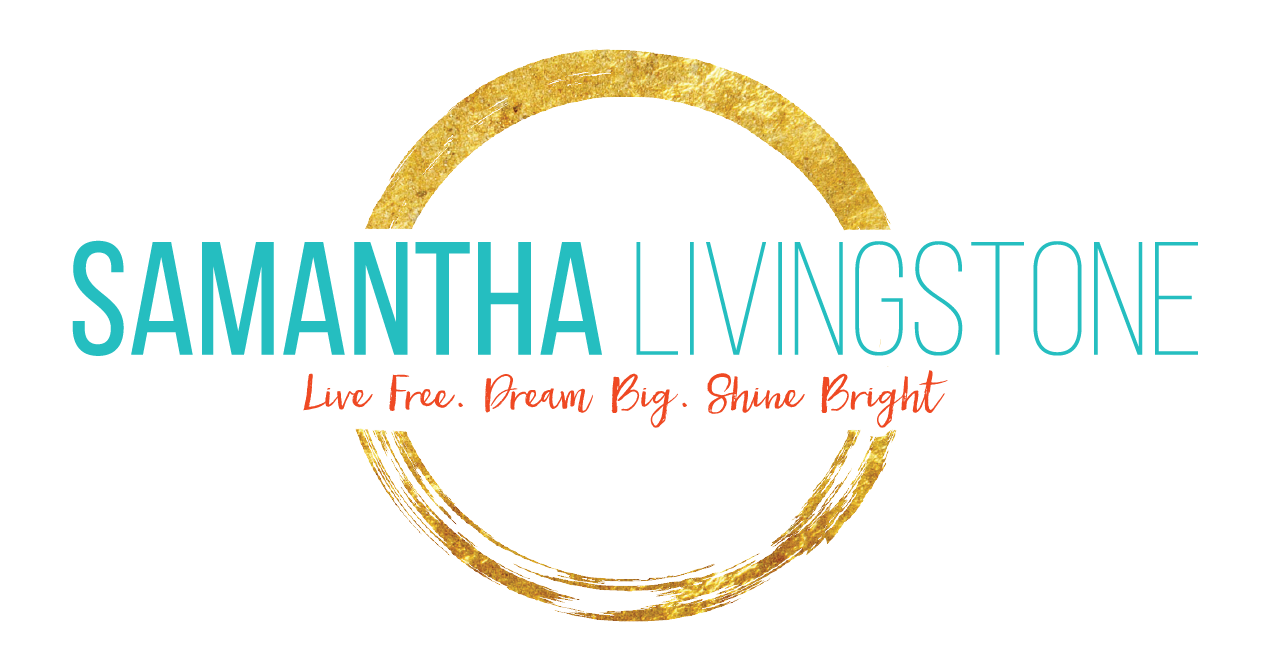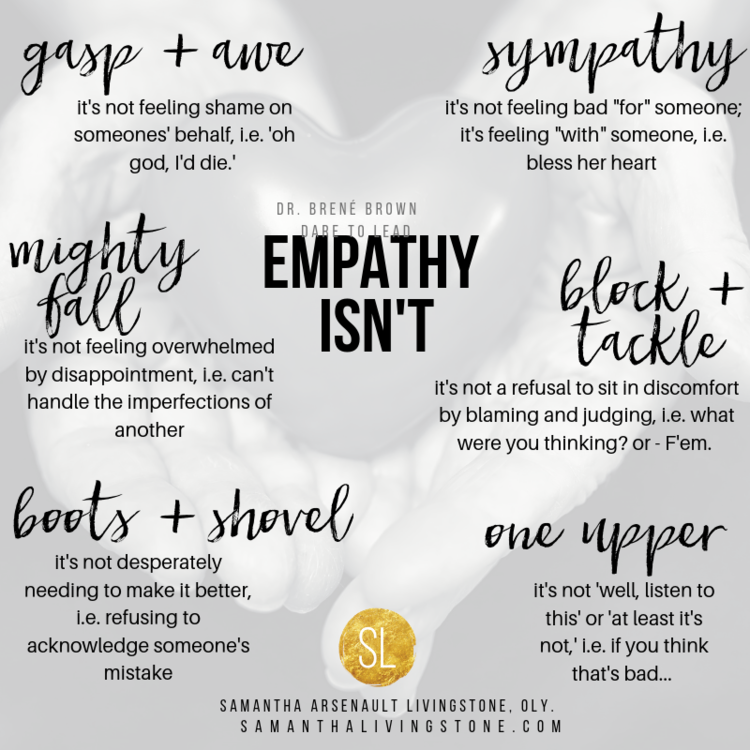CSCAA Newsletter // July 2019
CSCAA Newsletter // July 2019
Coaches, I’m excited to have an opportunity to share some insight into the anxiety that many athletes in this generation and on your teams are experiencing. I want to thank the CSCAA for inviting me to share with you.
If recruiting sites like CollegeSwimming existed back in 1998, my snapshot might have looked something like this: 5’11, 150lbs, freestyle and backstroke, Junior Nats to 18 & U National Champion / OT Qualifier in less than 3 years. Started doubles at 16. POTENTIAL. Solid family structure. One of four kids. Brother swims in college. Strong academically. Third in class. Hard working, blue collar parents who are supportive but not over-involved. Driven. Detail-oriented. She always comes prepared with questions.
After deferring my admission to the University of Michigan to train for Olympic Trials, I arrived in Ann Arbor two years later with a new title of Olympic Gold Medalist. Weeks before moving into my dorm, I stood atop the podium in Sydney, Australia after leading off our record-setting 4 x 200 freestyle relay; I achieved my childhood dream - and had bigger dreams in front of me. I signed away medal money and sponsorship money to keep my eligibility because I knew I wanted to win an NCAA Championship.
On the outside, it looked like I had it all together. New hardware. Full scholarship. A team waiting for me.
On the inside, it was a completely different story.
I had no idea who I was - who I was supposed to be, now that I had become an Olympic gold medalist. I was battling through the pain of a shoulder that needed surgery; pain so severe it kept me up at night. A depressive low turned into complete darkness. Suicidal ideation. And, eventually a full blown eating disorder.
I was too afraid to ask for help; asking for help meant I couldn’t do it on my own. Asking for help would prove that I was just an imposter after all.
Thankfully, Jim Richardson, Stefanie Kerska, Jon Urbanchek and the late + beloved, Eric Namesnick noticed. Stef + Jim suggested I meet with Greg Harden, a social worker turned Executive Associate Athletic Director at the University of Michigan - and the man who saved my life. Begrudgingly, I went. Deep down, I was relieved.
For the next two years, I showed up at Greg’s office to do the hardest work; the work of owning my story. Together, he helped me form an identity beyond Samantha the swimmer; he helped me heal my relationship with food and my body; he helped me learn how to control the controllables; he walked with me through shoulder surgery and months of healing post-op; he introduced me to mindfulness practices long before they became mainstream; and he taught me that I can do hard things, including transferring to the University of Georgia.
The work we did together in his corner office helped me finish my career happier, healthier and faster than I’d ever been - with swims that helped our team to an NCAA Championship. Beyond the pool, the work we did together helped me to navigate a darkness that would come 13 years later when, as a young mother of three, I almost lost my infant daughter after her open-heart surgery.
We all need a Greg Harden in our lives. And we need NOTICERS too. We need empowered coaches who know how to navigate the very real struggle that is mental illness.
We’re facing a mental health crisis in our country and it’s impacting all of us. Statistically speaking, if you’re coaching 30 student-athletes, 6 of them will experience a severe mental disorder at some point in their life. And that’s just the reported numbers; there are estimates that the number of college students suffering from mental illness is up around 60%. Depression, anxiety, suicide, self-harm and loneliness are on the rise.
As coaches, you’re caught in the middle with an already packed plate. Some of you may have strong supports in place within your college campus; many of you do not. Either way, I want to help.
For the past five and a half years, I’ve been digging into the research around achievement, perfectionism, anxiety, shame, compassion, emotional agility, mindfulness and resilience - and their connection to mental health and high-performance. Here’s what I know for sure from the literature, my lived experience - and the work I’ve been doing the past five years: We can cultivate greatness by honoring the health and development of the WHOLE athlete. It’s not an either or thing. Achievement and fulfillment can coexist when we have the tools, supports and structures in place - and willingness to hard things.
While many student-athletes have a high tolerance for physical pain, most have little-to-no tolerance for emotional pain; it’s not just a student-athlete struggle, this is a human struggle.
The good news: We can strengthen emotional agility which can have a profound impact on how we cope with anxiety and other big emotions. Emotional agility is a skill that serves our most at-risk for mental illness and it plays a critical role in high-performance too. Both emotional awareness and regulation and attentional awareness and regulation are prerequisites for accessing flow state, aka getting in the zone.
In this special series on mental health, I’m going to share with you the fundamental skills, supports and structures that will help your student-athletes become more mindful, courageous, resilient leaders - in and out of the pool.
Until our next newsletter, here’s one challenge for you this month: Normalizing Struggle.
Struggle is part of the human experience; suffering doesn’t have to be. All student-athletes will have to navigate ‘issues’ with their physical health at some point or another - some athletes will have bigger challenges to work through and treatment depends on the diagnosis. While we can’t always control the curveballs that are sent our way, we can always control how we respond. With that said, there are certain actions we can take to reduce our chances of physical health struggle, i.e. proper nutrition, hydration, sleep, hand washing, etc.
Same goes for mental health. All of your student-athletes will have to navigate ‘issues’ with their mental health at some point; some will need the help of professional therapists. As someone that’s learned how to positively cope with PTSD, anxiety, and depression, I can tell you I can’t always control when these characters show up; I can control how I respond. That’s where our power is - in our response, and that’s where so many of our kids are missing tools. Let’s help them shift to a more proactive space so that when struggle comes, they can respond with intention.
So, how do we normalize struggle? We start talking about it.
OUR STRUGGLES ARE PART OF OUR STORY,
They do not define us.
Pick five swimmers and one at a time, ask them this question:
“What’s your biggest challenge right now?”
Then listen, without judgement or trying to fix it or problem solve (we’re going to start strengthening your emotional agility too!). Simply listen and say thank you for sharing.
I’m going to attach a quick overview of what empathetic listening is and what it’s not. Feel free to make copies for your staff and team! And if you’re up for sharing, I’d love to know your go-to empathetic miss. I know I’ve hit all of them!
Awareness is empowering. Until next time!
Samantha Arsenault Livingstone is an Olympic Gold Medalist, high-performance consultant, mental performance coach, speaker, educator and entrepreneur. She is the founder of Livingstone High Performance, LLC., the two, multi-module online courses — inspiring, empowering and equipping athletes, coaches and female leaders with the skills they need to become more mindful, courageous, resilient leaders. In addition to private and group coaching, Samantha consults with teams and organizations on athlete wellness, Mindful Sport Performance Enhancement (MSPE), leadership, strategic planning, rising skills and developing high-performance cultures.
Join Samantha in the I AM CHALLENGE private community space to link arms, connect + participate in her free challenges.
A mama of heart warrior and mama of twins, Samantha and her husband, Rob, live in the Berkshires with their four girls. To learn more about her offerings, go over to www.samanthalivingstone.com or email her at samantha@samanthalivingstone.com.






